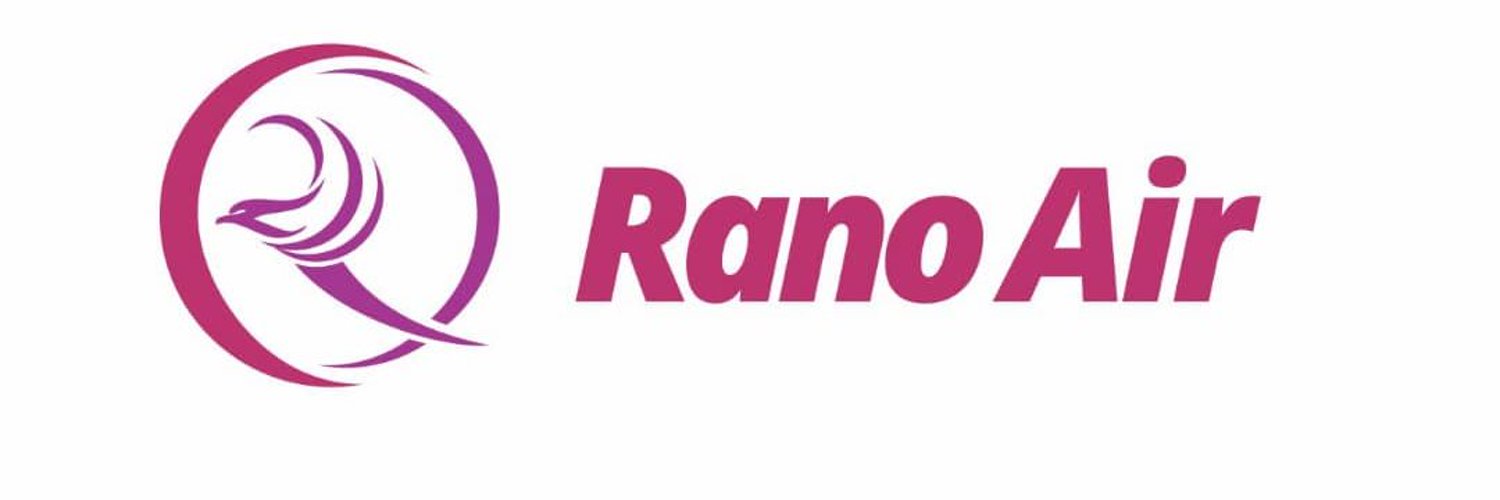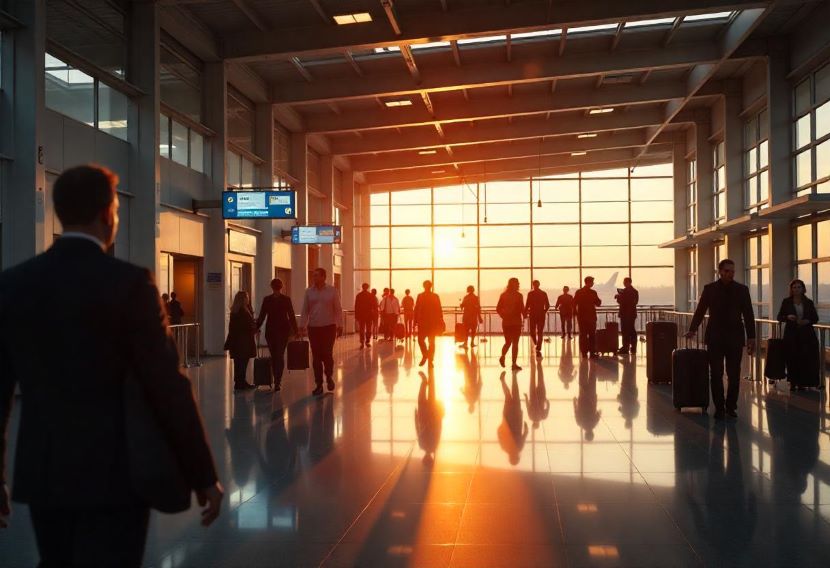Finnair Set to Cancel Nearly One Thousand Flights as Explosive Ground Crew Strikes Cripple Helsinki Airport and Disrupt Travel Across Europe - Travel And Tour World
Tuesday, July 1, 2025

Finnair has been forced to cancel nearly 1,000 flights in July as powerful ground crew strikes cripple operations at Helsinki Airport, unleashing widespread travel chaos across Europe during the peak summer season. The escalating labor dispute, driven by unresolved wage negotiations and demands for fair working conditions, has paralyzed essential ground services such as baggage handling, fueling, and aircraft positioning—bringing the airline’s schedules to a standstill. With four additional strike dates announced later in the month, this unprecedented disruption not only shatters travel plans for thousands of passengers but also exposes a deeper crisis brewing within the European aviation industry.
If you’re planning to fly with Finnair this July, your travel plans may already be in jeopardy. The airline, which had originally scheduled more than nine hundred flights between July second and July seventh, now expects to cancel the vast majority of them due to escalating strike action. The disruption stems from labor unrest involving baggage handlers, catering teams, fueling staff, and tarmac workers—critical roles that keep Helsinki Airport, Finnair’s main hub, running smoothly.
With walkouts now targeting the heart of airport operations, thousands of travelers are facing sweeping uncertainty. This is not a short-term weather hiccup or an isolated technical failure. It’s a deepening labor dispute that threatens to derail peak summer travel across Europe. The situation is likely to worsen further, with the Finnish Aviation Union announcing additional strike days scheduled for July sixteenth, eighteenth, twenty-first, and twenty-third.
Unlike typical disruptions involving pilots or flight attendants, this wave of strikes is different. It’s the behind-the-scenes workers—those responsible for loading luggage, guiding aircraft, prepping cabins, and fueling planes—who are taking a stand. Once they step off the job, entire airport operations grind to a halt. Without them, no aircraft can depart, no flight can proceed on time, and no schedule is reliable.
The Finnish Aviation Union took this step after rejecting a recent collective bargaining proposal in late June. Union representatives argue that the ground handling crews have seen stagnant wages and deteriorating work conditions, despite rising inflation and workload demands. They are demanding not just higher pay, but recognition for the essential role they play in the aviation ecosystem.
This latest action follows previous walkouts by Finnair ground staff in June, including strikes on the eleventh, seventeenth, and nineteenth, which disrupted dozens of flights and led to cascading delays across the continent. What began as isolated labor disputes has now snowballed into a broader crisis that spans multiple European countries and airlines.
While Finnair currently sits at the eye of the storm, it is not alone. A ripple effect is spreading through Europe’s aviation industry. EasyJet recently experienced its own turbulence, as over 650 cabin crew in Spain walked off the job in late June. Their demands centered on wage parity and better working conditions. The three-day strike caused at least 200 flight cancellations and left thousands stranded at Spanish and UK airports.
In Italy, airport baggage handlers launched their own industrial actions. Meanwhile, France continues to experience recurring pilot strikes. This emerging trend reflects a systemic strain where labor discontent intersects with increased summer demand and overstretched resources.
This is no longer a series of disconnected incidents. It is a continent-wide reckoning—a collision of rising travel demand, underpaid workers, and airlines struggling to deliver on promised services.
If you’re holding a Finnair ticket for mid to late July, you should brace for possible cancellations. The first round of July strikes is already affecting over nine hundred scheduled flights. Additional walkouts announced for later in the month create an unstable horizon for travelers. Though passengers are slated to receive confirmation or cancellations forty-eight hours in advance, that leaves little room for last-minute adjustments.
Here’s what you should prepare for:
The disruptions are expected to intensify around July seventh, with the union planning another major action targeting Helsinki’s ground operations. Passengers relying on Finnair as a connector through Helsinki to wider Europe or Asia may be disproportionately affected.
The current travel chaos reveals a deeper issue within the aviation sector. Airlines have long depended on under-recognized ground staff to deliver smooth operations while keeping costs low. From cleaning cabins and loading bags to guiding aircraft on the runway, these workers make flight departures possible. Yet, their contributions have rarely been spotlighted or fairly compensated.
Meanwhile, pilots have voiced their own concerns around fair contracts, while cabin crews increasingly demand safer working environments. Across the board, labor unrest is growing—not as isolated flare-ups but as part of a systemic issue airlines can no longer afford to overlook.
This is not simply about flight delays or disruptions. It’s about a strained industry, pushed to its limits, now being challenged by the very workforce that keeps it afloat. The summer of 2025 may well become a turning point in how aviation labor relations are handled in Europe.
With airlines focused on damage control and unions committed to hardline bargaining, passengers are left in a difficult position. Some are opting to delay bookings. Others are gambling on luck, hoping their flights fall outside the strike windows. But with uncertainty looming until the last minute, confidence in summer air travel is declining.
While carriers issue travel advisories and allow free rebooking in many cases, the real burden is falling on travelers—who must navigate a confusing landscape of cancellations, rerouted itineraries, and missed connections.
Finnair’s current challenges underscore the importance of fair labor practices and strategic crisis planning. Without stability on the ground, the entire air travel experience collapses—regardless of how modern or well-maintained the aircraft might be.
Passengers are encouraged to:
Finnair is cancelling nearly 1,000 July flights as ground crew strikes cripple Helsinki Airport operations, driven by demands for fair wages and better working conditions. The disruption comes at the height of Europe’s summer travel season, causing widespread delays and uncertainty for passengers.
In the end, summer travel in 2025 is being shaped as much by labor demands as by vacation dreams. What once operated silently in the background—ground operations—has now become the voice of disruption. As strike actions amplify, travelers and airlines alike are learning that the future of flying is not just about aircraft technology, but about the people who make it all work behind the scenes.
«Enjoyed this post? Never miss out on future posts by following us»










